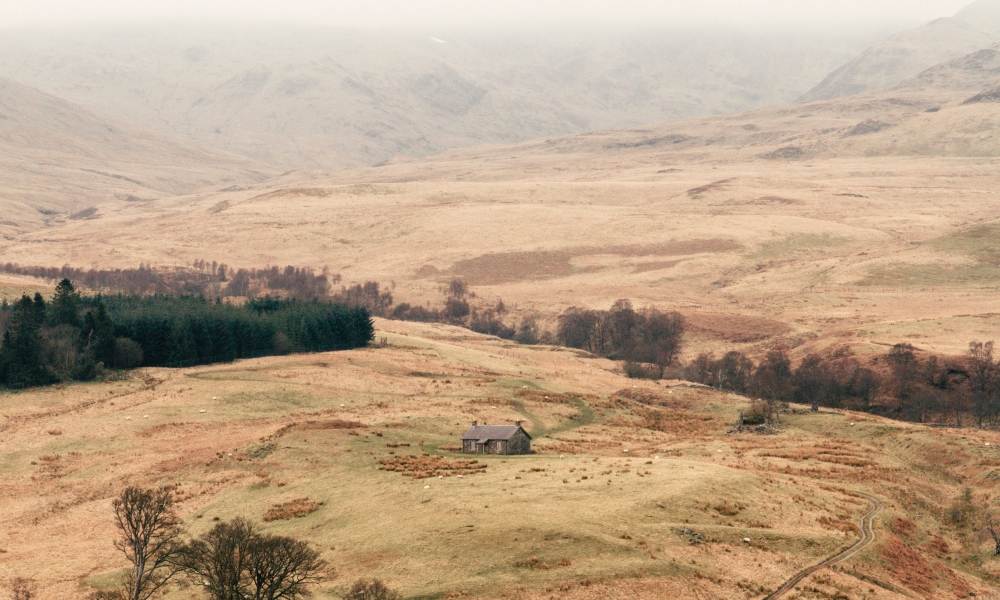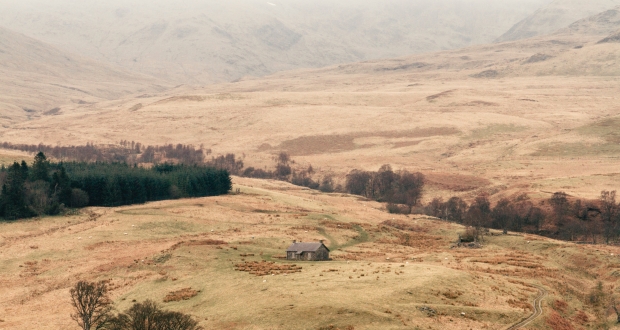A Writer’s Perspective on Acedia and the Spiritual Gift of Solitude.
Originally published in Fathom Magazine
Acedia: “A state of restlessness and inability either to work or to pray”
I have a love hate relationship with writing. It’s a creative passion and deeply satisfying. I profoundly enjoy encouraging artists of all types to hone their calling. Solitude is our realm yet doubt or angst can snowball when left unchecked in this world. It takes immense guts to release your creativity into the world, but my own neglected work can often feel like an indictment against the craft I value.
Most days when I sit down to my craft my heart desires to shine Christ’s beauty onto a broken world, to build bridges between squabbling neighbors or simply give my children characters that reflect their unique heritage. Then life simply interrupts. The dryer buzzes, a package arrives or the daily news is so full of heartache that my small contribution seems ridiculous or offensive in its simplicity. This swallows any creative spark I believe he’s breathed into my day. It leaves me listless and doubting my basic assumptions about God.
A Writer Requires Solitude
Anne Lamott claims, “If you are a writer, or want to be a writer, this is how you spend your days listening, observing, storing things away, making your isolation pay off. You take home all you’ve taken in, all that you’ve overheard, and you turn it into gold. (Or at least you try).”
The isolation of the writer is not my natural state. On a healthy day, I’m an extrovert who loves words but uses audio books to cram literature between moments in the car line, the grocery store, the YMCA. I have two children who are newly growing into their own skin in our overscheduled, uncertain, noisy world. Their needs spill over into my quiet space of creation not to mention the overwhelming needs of ministry and the world.
Oxford Concise Dictionary of the Christian Church defines acedia as “a state of restlessness and inability either to work or to pray.” This definition captures the ancient church’s understanding of what desert Father John Cassian called the Noonday Demon, the unsettling anxiety that turns purpose into contempt and despair. Many theologians have placed acedia in the realm of spiritual sloth. I contend that anybody who’s faced the creative audacity of a blank page has wrestled with acedia.
For me, it’s the innocuous moment of checking-out that ushers in distraction and numbness. Clicking Instagram first thing in the morning, answering a text during prayer, melting into one more Netflix show.
“Most anyone who has endeavored to maintain the habit of prayer, or making art, or regular exercise…knows the syndrome well. When I sit down to pray or write, a host of thoughts arise. I may truly desire to write, but as I am pulled to one task after another I lose the ability to concentrate on the work at hand. Any activity, even scrubbing the toilet, seems more compelling than sitting down to face the blank page.” Kathleen Norris, writes in Acedia & Me: A Marriage, Monk, and a Writer’s Life.
When acedia teases me, it’s easier to go looking for comfort or purpose in my to-do list than in prayer. Aquinas considered acedia a mortal sin when reason consents to man’s flight from the Divine good “on account of the flesh utterly prevailing over the spirit.”
Acedias whisper can rob me of the courage to face the blank page or bend the knee to my God. Writing and prayer both demand a focused silence of the mind. This quiet can often stir up my ugly thoughts and anxious heart with comparison and a barrage of reasons to run from the task at hand to anything that will distract.
My Cathartic Calling
Writers soldier into unknown spaces creating paths through dark valleys; we create worlds where struggles can birth heroes, illuminate emotions and guide readers into a deeper sense of empathy for themselves and the world.
Ask any writer and they’ll tell you half the battle is simply showing up. Seeking inspiration is helpful but the ugly truth of writing is isolated repetition. Honestly, the same can be said for my spiritual life. For years I chafed under my pastor’s direction to pick a time and a spot to meet with the Lord. I’d enjoy long, worship-filled prayer walks or intense inductive Bible studies. But every time I put a good chair in a quiet spot and set my alarm my prayer life flourishes in ways that create wonder in my bohemian spirit.
As a mother this means rising in the dark corners of the day before my house stirs to write or spend time alone with my God. The silence with the Lord is unnerving, unsettling. Norris encourages “Because we are made in God’s image, in fleeing from a relationship with a loving God we are also running from being our most authentic selves.
Ancient Practices to Fight Soul Fatigue
Our forebears cultivated a deep understanding of acedias insidious temptation, ranking it the precursor to the deadly sin of sloth. It is sobering but being mindful of acedia is a big part of the battle.
I practice silent prayer in the stillness before the simple chaos of the day. Woven into my devotions I focus my mind on an attribute of God or a scripture verse, batting away pressing thoughts and embracing the quiet into my soul. When the times comes to rouse children, prepare lunches, start a load of laundry and begin the mundane motherly movements of bending to gather, serve, repeat. My authentic self may buck at the routine of life but in examining this process I find focus for my all my work. Salvaging the morning time for writing and prayer releases me to my other duties and infuses it with joy.
The prayer of St. Benedict given to young monks focuses my fight against overwhelming fears and demands of daily life. It is my response to the nagging doubt, apathy and frustration that rise up in every aspect of life. “Whenever you begin a good work pray earnestly to the Lord to perfect it.” It’s a new rhythm in my prayer and my work. Pax, ora et labora. Peace, prayer and work; my mantra against distraction, listlessness and downright abandon. It’s listening to and resting in the sovereign guidance of the Father to daily direct my heart, mind and action when I take on the tasks of the day.
“For we are his workmanship, created Christ Jesus for good works, which God prepared beforehand, that we should walk in them.” Ephesians 2:10
Read the rest the Interruptions issue here. A Wailing over Us and other stories previously published in Fathom.

Photo by freddie marriage on Unsplash


















